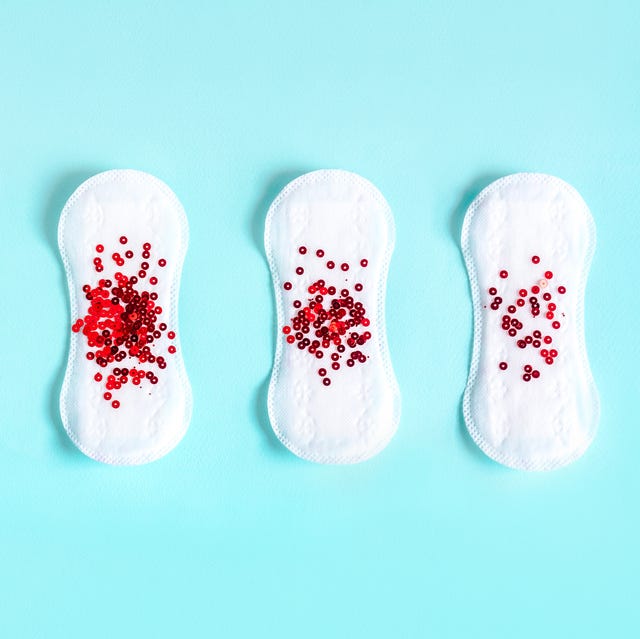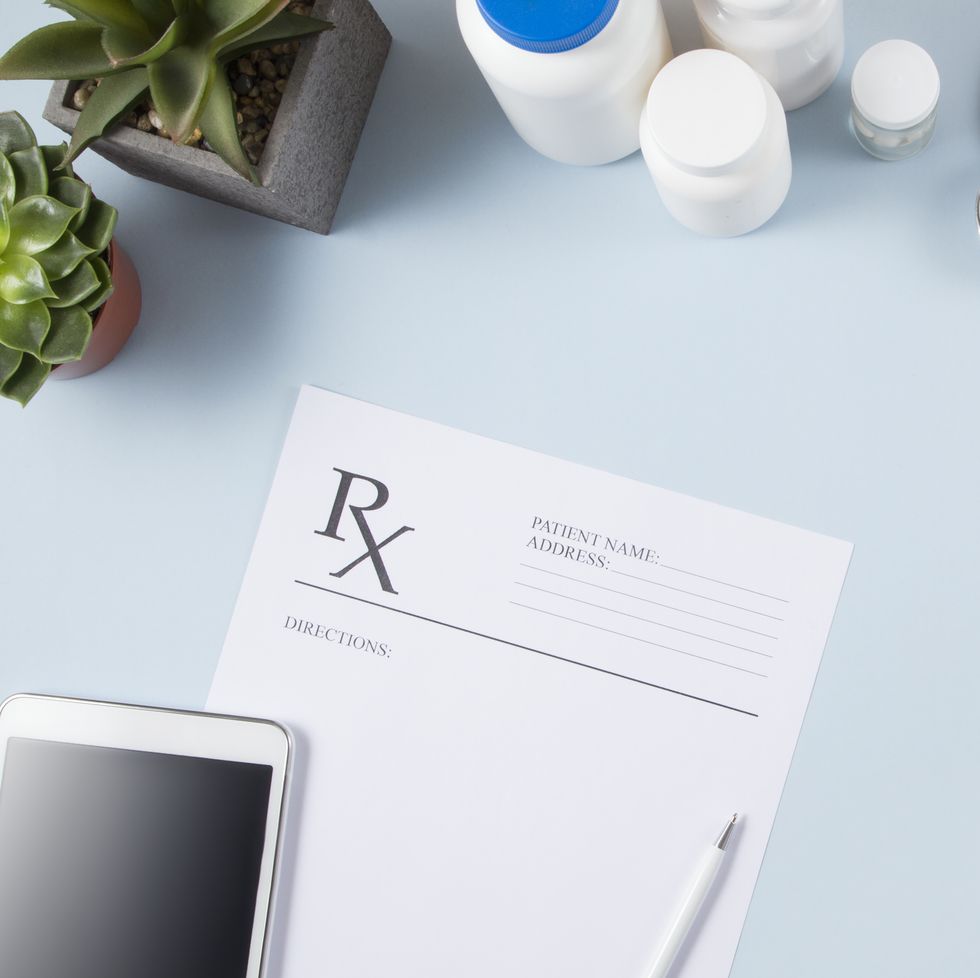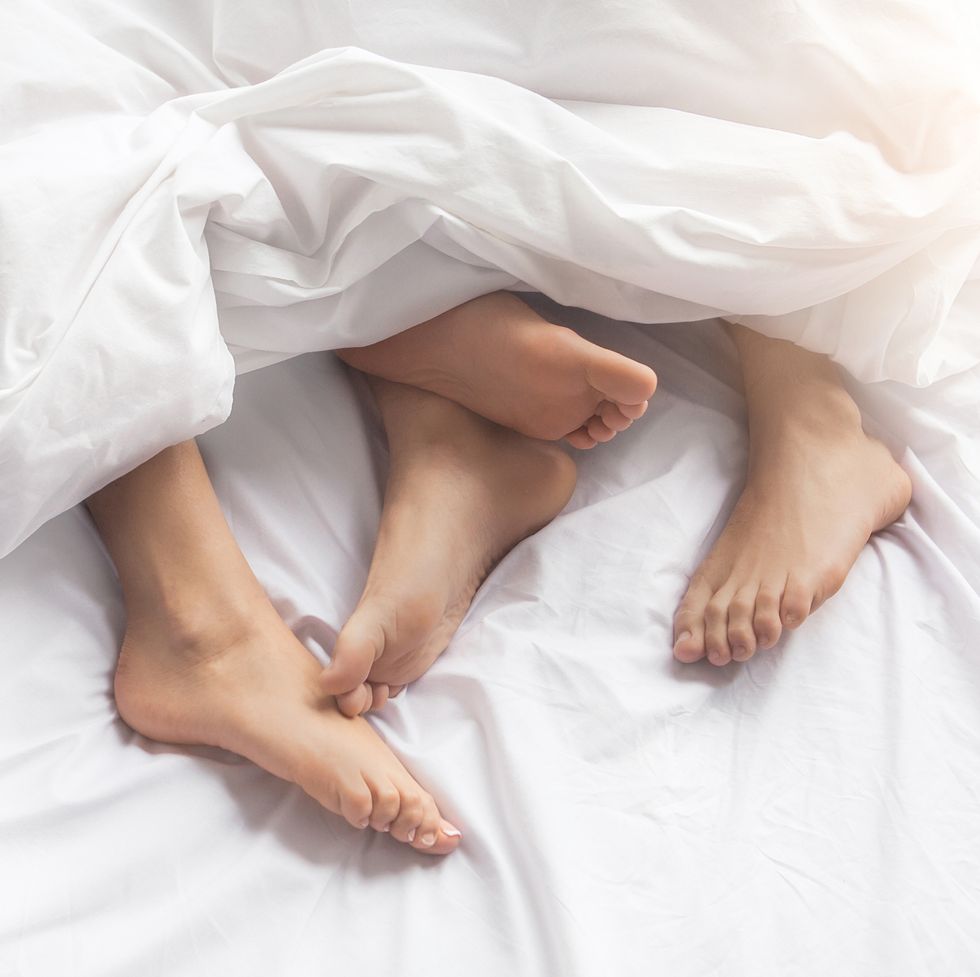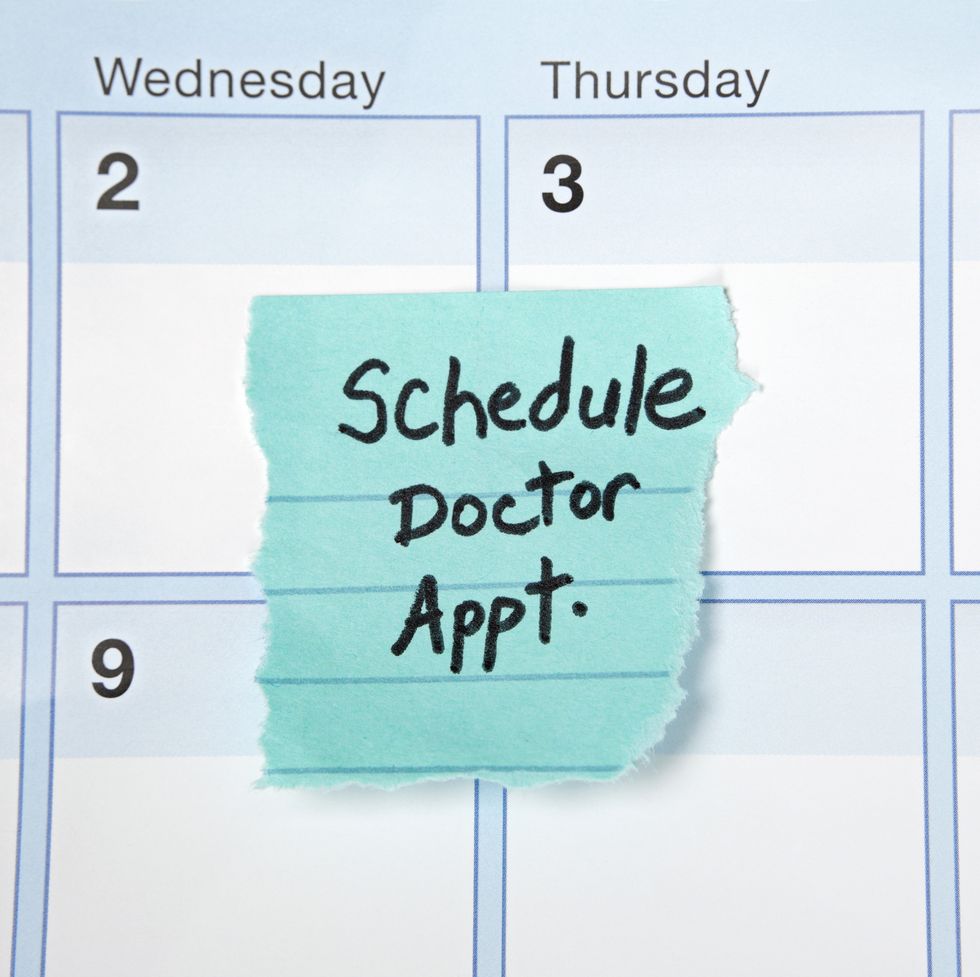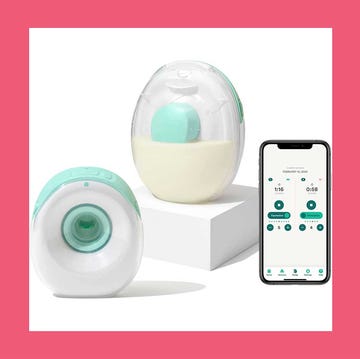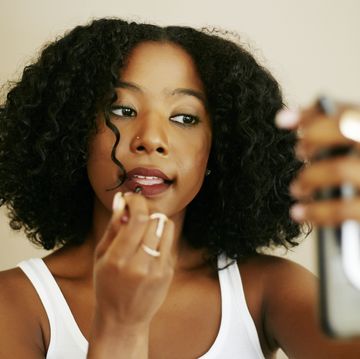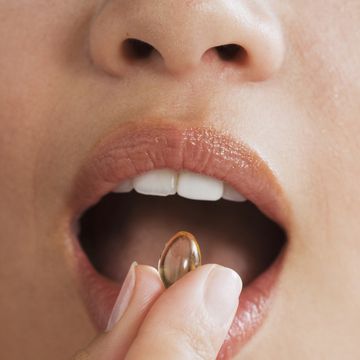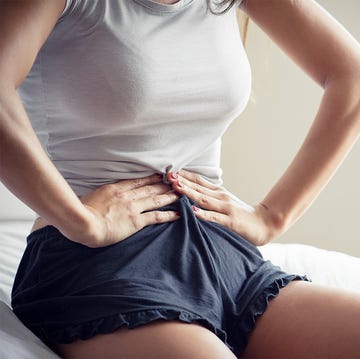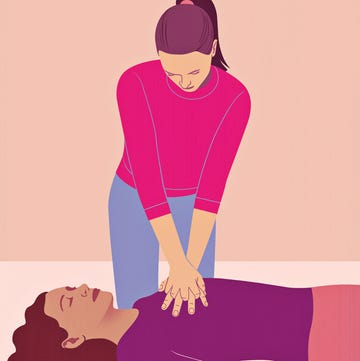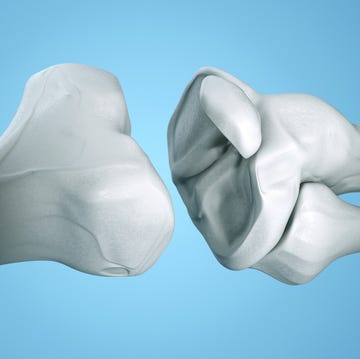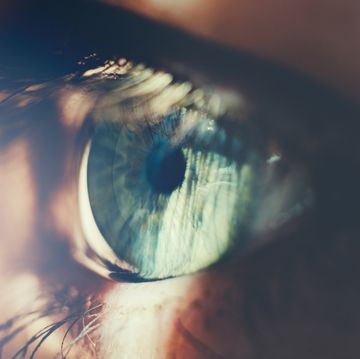You know that menopause is the point in life when your period stops and also, hot flashes (ugh). But beyond that? Let’s just say it would be nice if, some time in your early 40s—or even better, before then—a friendly older woman sat you down for part two of The Talk.
A summary: Menopause happens when a woman’s body stops making the hormones estrogen and progesterone. That can trigger a cascade of physical and emotional changes that aren’t always pleasant, including some you may not have seen coming.
Happily, research suggests that the more you know about menopause, the better equipped you are to take charge of your health and weather any storms it sends your way. That’s where this quiz comes in. Use it to test your menopause savvy and see where you can learn more, including the best ways to deal with lesser-known symptoms.
The answer: false
You’ve officially reached menopause when your periods have stopped for a full year. That typically happens sometime between 45 and 55, says the National Institute on Aging. But getting to that point is a gradual process that can unfold over several years and begin as early as your 30s, according to the American College of Obstetricians and Gynecologists. During this transitional period, called perimenopause, it’s common to experience symptoms like hot flashes, trouble sleeping, and irregular periods.
The answer: true
Symptoms like hot flashes and mood swings tend to ease as your body completes the transition to menopause. But experts know that falling estrogen levels alter the body’s vaginal chemistry, causing vaginal tissue to become thinner and drier—for good. Without treatment, this can lead to lifelong symptoms, such as itching and burning, according to the Office on Women’s Health. To that end, definitely talk to your doctor about any uncomfortable side effects to see if there is a medication that can help.
The answer: false
“Virtually every woman develops some degree of vaginal atrophy in menopause,” says obstetrician-gynecologist Felice Gersh, MD. And roughly half will experience vaginal atrophy symptoms like dryness, irritation and painful sex, research indicates.
Because changing estrogen levels permanently make your vaginal tissue drier and thinner, painful sex isn’t something that’s likely to ease up on its own. “Vaginal atrophy will never spontaneously improve,” Dr. Gersh says. In fact, research shows that vaginal atrophy tends to worsen over time without treatment. One good first-line option: Over-the-counter vaginal moisturizers and lubricants that can help manage mild dryness (they’re especially helpful if you apply them regularly, as opposed to just during sex, the National Institute on Aging notes).
The answer: true
If you find over-the-counter options aren’t getting the job done, prescription vaginal estrogen creams, rings, or tablets may help. Why: OTC moisturizers and lubricants only add a temporary layer of moisture, and don’t actually address low estrogen levels, the root cause of dryness. “Lubricants and moisturizers don’t improve or reverse vaginal atrophy, they simply reduce friction,” Dr. Gersh says. “Only prescription-strength hormones, usually estrogen, can help restore the vagina to a state more aligned with a young woman’s vagina.”
The answer: true
Sex boosts blood flow to the vagina, which can help keep your tissues healthier and better lubricated, the Office on Women’s Health says. The problem: If hopping in the sack hurts in the first place, you probably aren’t psyched to do it. That can lead to a cycle of avoiding sex because it’s painful—and then sex becoming even more painful as a result, explains obstetrician-gynecologist Enchanta Jenkins, MD, FACOG.
A prescription estrogen-based treatment may help here too. Using one eases the discomfort, and makes you more likely to want to have sex in the first place. Once you start getting busy on a more regular basis, frequent sex will actually play a complementary role in keeping dryness at bay, Dr. Jenkins adds.
The answer: false
There’s zero reason to grin and bear it until things become, well, unbearable. Doctors should ask premenopausal and menopausal women about symptoms like vaginal discomfort at every visit, clinical guidelines recommend. But if yours doesn’t bring it up, don’t be afraid to broach the subject. “Start your conversation early, like when you’re having just a few hot flashes or one episode of vaginal pain,” Dr. Jenkins recommends. Getting treatment sooner gives you an opportunity to address issues before they take a major toll.

